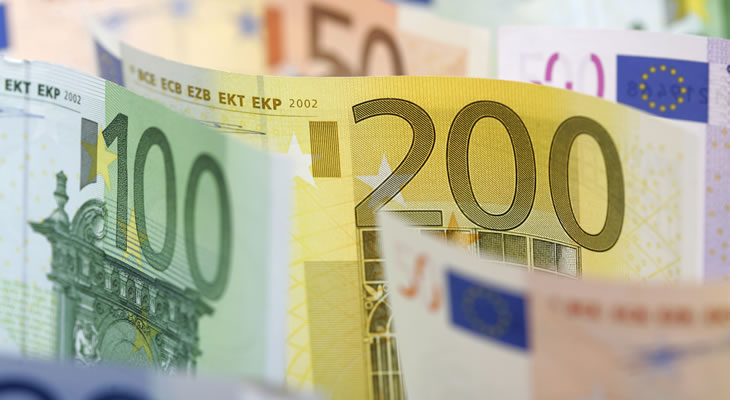Speculation that a softer form of Brexit might be on the cards helped to improve the appeal of the Pound, even as markets braced for the latest UK inflation data.
A proposal for the UK to retain the key benefits of the customs union for an unspecified period after exiting the EU encouraged some degree of investor confidence.
Even so, markets were still inclined to take the suggestion with a pinch of salt, given that Brexit negotiations still have a long way to go.
However, as the UK consumer price index unexpectedly held steady at 2.6% on the year in July GBP exchange rates were quick to turn bearish once again.
Investors were not impressed by the lack of acceleration in domestic inflationary pressure, which added to bets that the Bank of England (BoE) will leave interest rates on hold for the foreseeable future.
Confidence in the Pound could deteriorate further if average weekly earnings fail to show any improvement in the three months to June, with UK consumers already facing a severe squeeze from inflation.
Any uptick in wage growth, though, could prompt a recovery for Sterling in the short term.
Disappointing German GDP Fails to Dent Euro Outlook
The mood towards the Euro remained relatively muted, meanwhile, as the second quarter German gross domestic product report proved rather mixed in nature.
While growth in the Eurozone’s powerhouse economy edged higher on the year it failed to pick up on the month, holding steady at 0.6%.
This gave investors less reason to pile back into the single currency, particularly as the European Central Bank (ECB) appears to be in no hurry to begin tapering its quantitative easing program in the near future.
Even so, as Carsten Brzeski, economist at ING, noted:
‘Germany’s economic success story goes on and on and on. And there is very little reason to fear a sudden end to the current performance, even though some kind of slowdown from current growth rates looks almost inevitable. The drivers supporting the domestic economy, like record high employment, higher wages and government consumption, might lose some momentum along the way, without turning negative. The same holds for the export sector, where a stronger euro, weaker-than-expected US growth and Brexit uncertainty could take some wind out of the sails without bringing exports to a halt.’
The Pound Euro exchange rate could come under increased pressure if the latest Italian and Eurozone growth figures prove positive.
Forecasts point towards an improvement within the Italian economy, which could boost the appeal of the Euro as this would reduce some of the worries over country’s economic outlook.
On the other hand, any downside surprises from the GDP data may weigh heavily on the single currency, offering the GBP EUR exchange rate a fresh rallying point.
Focus will also fall on the minutes of the ECB’s July monetary policy meeting, with any reiteration of the central bank’s relatively dovish outlook likely to leave the Euro on a renewed downtrend.


Comments are closed.